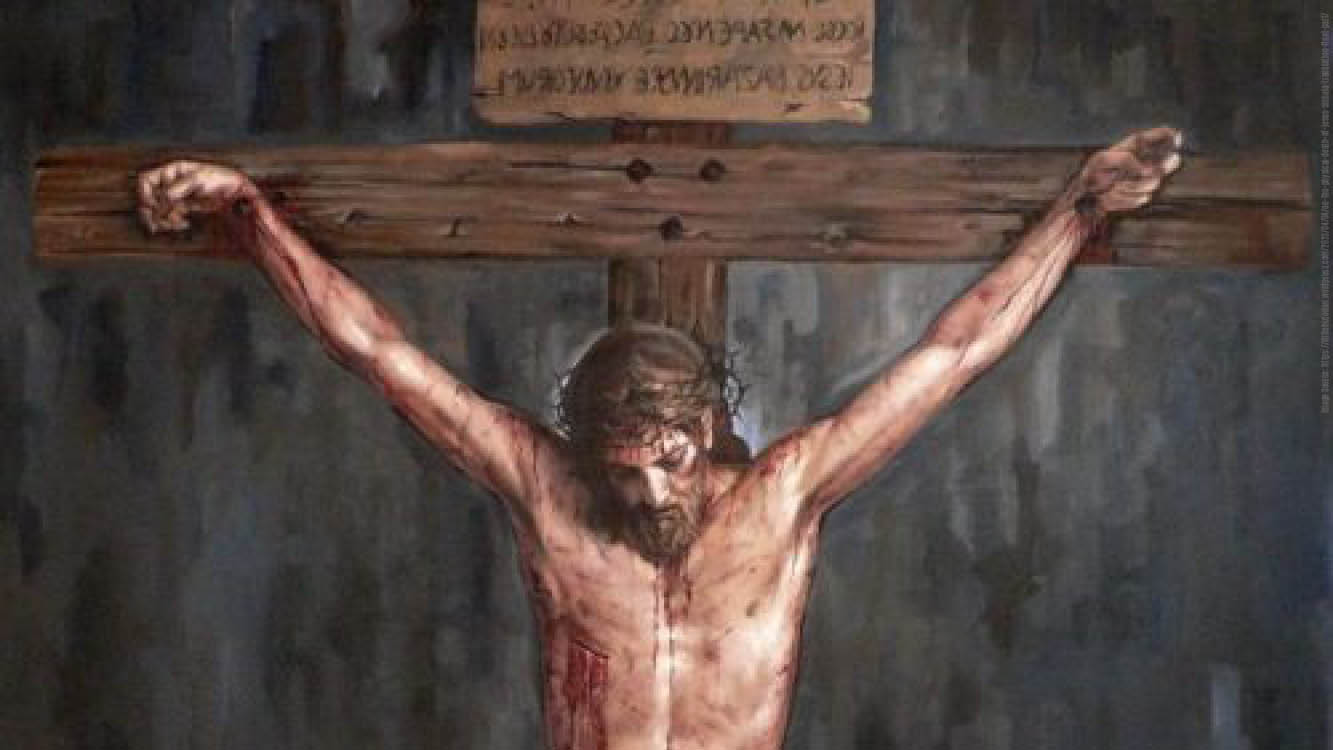We start with a continuation of the last scene in episode 5 and Matthew is shown insisting on looking for Mary along with Peter. Later Jesus asks Peter to look for Mary and take Matthew along to help him. While the search for Mary Magdalene and her fall from grace are not part of scripture, what is true is that Jesus searches for the lost and restores the sinner. This does tell us that just as Jesus talk’s to us through people, at times he also comes looking for us through them.
Phillip and Andrew are hit hard by the news of John the Baptist’s arrest. Jesus also is emotional over it. Mary is missing. The food supply is short. Things seem bad. How do we respond when things seem to be falling apart, around us? Why were the disciples shocked by Jesus’ decision to “pray” about things? Why is it hard for us to see prayer as a first step toward dealing with life’s issues?
Rehma and John have concerns as to why Jesus sent Matthew and Peter together to look for Mary when they cannot stand each other. Mary’s (Our Mother) response to Rehmah is a reminder that we must put our faith in the Lord, and James’ response to John tells us that sometimes we have to follow along even when we don’t understand what we are called to do.
When Mary is found by Matthew and Peter, it is beautiful to see that Matthew as a person who only cared about himself (as seen in previous episodes), chooses to go beyond and to extend a helping hand to Mary, whom he looked up to as a perfect student. He comes to understand what it feels like to be cut off from Jesus, due to our past. We also may feel unworthy and abandon our relationship with Christ, but as seen in this episode, all that Jesus wants is our hearts, and we need not let our past/sins/guilt stop us from coming/being in the presence of God.
The Pharisees were so focused on seeing the Sabbath as a sign of personal religious devotion and righteousness, they developed an elaborate set of extra rules, not found in the Mosaic Law, to regulate what one could and couldn’t do on a Sabbath. While the Bible did forbid people from doing work in the fields on Sabbath, the Pharisees went further and forbid hungry people from snagging a little food from a stalk to chew on. Like Isaiah, Jesus believed the Sabbath wasn’t just a sign of personal devotion. It was about setting the poor and the oppressed free. Therefore Jesus is critical of the Pharisees attitude. He replies to the Pharisees by drawing their attention to a story about David’s hungry men eating the holy Show Bread placed in the Temple, and only consumable by priests. He also alludes to how the Levites and Priests break the no-working-on-Sabbath rule in order to serve in the Temple. He then explains that he himself is “Something greater than the Temple” – and therefore his disciples should be free to do what they need to, to follow him.
At the beginning of the episode we are shown the importance of bread as an offering in the temple by Ahimelech. Did you ponder on why God chose to be bread and wine for us? It is connected with his previous revelations in the Old Testament and how he was preparing his people for the Jesus moment. In the Old Covenant bread and wine were offered in sacrifice among the first fruits of the earth as a sign of grateful acknowledgment to the Creator, who is the provider. But they also received a new significance in the context of the Exodus: the unleavened bread that Israel eats every year at the Passover commemorated the haste of the departure that liberated them from Egypt; the remembrance of the manna in the desert always brought to the mind of Israel that it lives by the bread of the Word of God; their daily bread is the fruit of the promised land, the pledge of God’s faithfulness to his promises. The “cup of blessing” at the end of the Jewish Passover meal adds to the festive joy of wine, an eschatological dimension: the messianic expectation of the rebuilding of Jerusalem. When Jesus instituted the Eucharist, he gave a new and definitive meaning to the blessing of the bread and the cup. (CCC 1334)
Today this Holy bread is amidst us and we have easy access to Jesus through the sacrament of the Eucharist.
Read:
* Psalm 20:7
• Luke 6:6-11
• John 8:1-3
• Matthew 12:1-18
• 1 Samuel 21:1-6
* Psalm 19:7
QUESTIONS FOR YOU TO REFLECT
1. Mary said to Peter, “He already fixed me once. I’m broke again. I can’t face him.” It’s a common fear after our failure. Have you ever felt like that, and how did you press through it? What would you tell someone who feels that they can’t face Jesus because of their failure?
2. The Pharisees are seen plotting and squabbling about Jesus. Why are they so concerned about Him? What do you like about them? What do you dislike?
3. The episode began with a flashback to David. It ends with the disciples eating grain. What was Jesus teaching about the Sabbath and our relationship to it?
** Please note this episode review is also inspired from other comments and reviews on the net. More specifically (www.thebibleartist.com, northstarfamily.org)
.
Do leave your thoughts and comments below.




